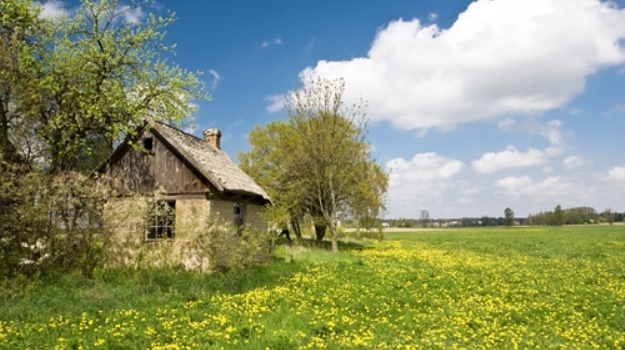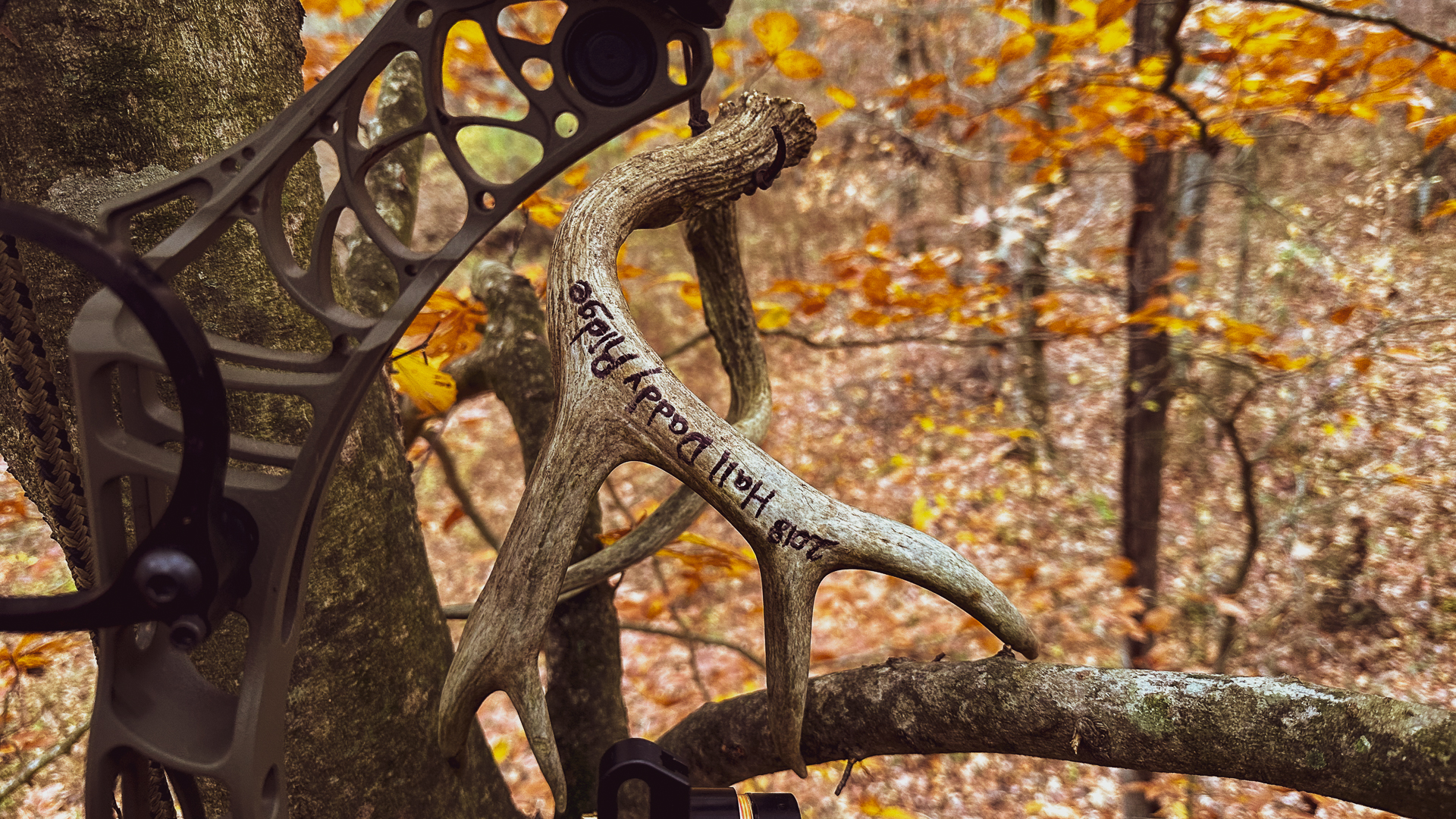Provided by Mossy Oak Properties

Among the many factors you'll need to consider when buying land, one that may not be given the time and attention it deserves, is how close the real estate will be to town. At first this may seem like more of a matter of personal preference, but the truth is it can be a hugely influential component of your purchase.
"Distance is important and a huge factor in the current value as well as future investment potential," said Dustin McClure of Mossy Oak Properties Land and Luxury in Mooresville, North Carolina. "Your proximity to town will cause the current price to be higher in most cases, but the future investment potential will be a lot higher if you are in the path of future residential development."
Of course, this all depends on the area in which you're buying, according to Nick Marinelli, also of Mossy Oak Properties Land and Luxury in Mooresville, North Carolina.
"When in rural parts of North Carolina, the closest grocery store may be 20 to 30 miles away," he said. "To most buyers this is not an issue. People will typically change their routine when this is the case. Instead of going to the grocery store a few times a week, people will buy what they need to last them a few weeks. While distance to a town is important, it is typically not a deal breaker. There have been a few instances where someone has needed to be close to town for medical reasons. In these cases its more of a necessity."
The advantages of distance
For rural land buyers, the greatest benefit of being close to town is convenience, whether it's being near the grocery store or being able to visit a favorite restaurant. However, the advantages of distance should not be ignored.
"Being far from town may benefit land owners for a variety of reasons, some of which include recreational and farming uses," McClure said.
For example, if you're buying hunting land, you're far more likely to have good game if the area is more remote and farther away from city noises that scare off animals.
"[M]any of our clients enjoy being away from town because they feel that they can get away from all the hustle and bustle," Marinelli added. "I had one client tell me that he feels like weeks turn into years when he goes to his farm located 35 miles outside of the city."
You should also keep in mind that, generally speaking, the closer you are to a town or city, the more expensive the land will be. Oftentimes choosing to purchase further away from town comes down to price.
"Distance to town can affect the price positively," Marinelli said. "The closer a property is to town, the more expensive. From an investment standpoint, I would recommend finding a parcel that suits your needs right on the edge of town where the price is still low but the path of growth is headed in that direction. This is where land buyers/investors can maximize their return on investment. It may take some time, but we have had clients earn two to four times their initial investment."
Let the land be your guide
Ultimately, how far away from town you decide to be should come down to the type of land you're purchasing.
"If a buyer is buying for recreational or farming uses, it will benefit them by being outside of the path of immediate growth," McClure said. "The threat of a subdivision being built on an adjoining property could be an issue if you are looking to buy land to shoot guns and/or hunt on it. We've had some issues in my local market of people in a subdivision complaining about smells coming from an adjoining farm."
As always, your best bet is working with an experienced land specialist in your area who can provide you guidance and assistance when choosing how close to town to be. Also, while research is always a smart strategy when buying real estate, it can be even more vital where proximity is concerned. Looking into future development plans in your region could give you a much better idea of how much your land will cost, as well as how much it will be worth down the line.
"Your proximity to town will cause the current price to be higher in most cases, but the future investment potential will be a lot higher if you are in the path of future residential development," McClure said.






























